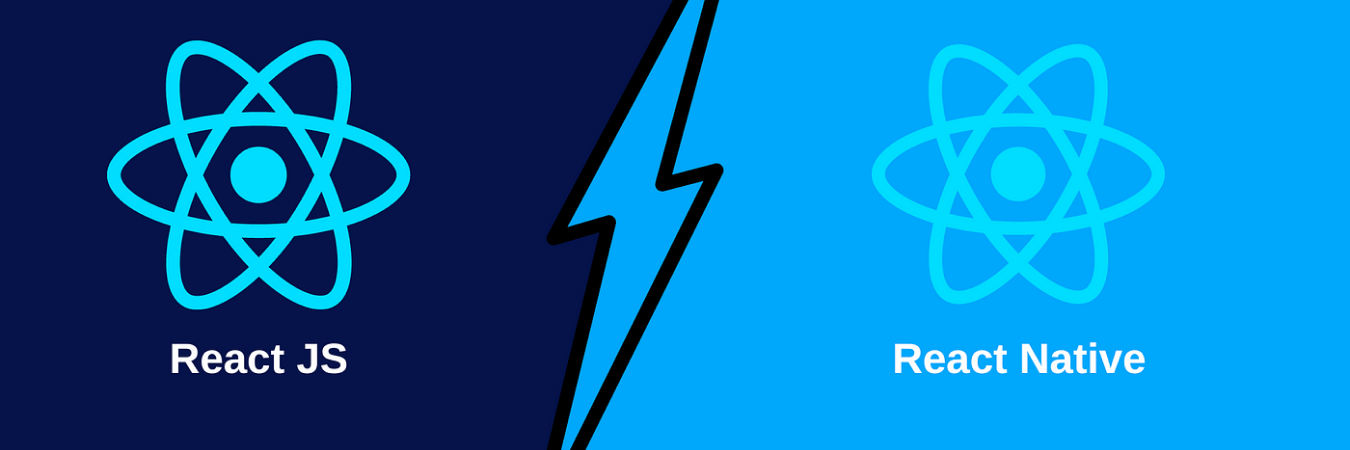The realm of iOS app development is in a constant state of flux, propelled by evolving user demands, technological progress, and the unrelenting drive for innovation. As we venture further into the 21st century, it becomes imperative for IT experts to maintain an edge in this ever-changing terrain. In this article, we delve into the cutting-edge tactics that are molding the destiny of mobile app development and their role in fostering IT excellence.
Embracing Agile and DevOps
Agile Methodology in Mobile App Development
Agile methodologies have been a game-changer in software development, including mobile apps. This approach focuses on iterative development, where requirements and solutions evolve through collaborative effort. It enables developers to respond flexibly to change, which is vital in the fast-paced app market.
Integration of DevOps
DevOps goes hand-in-hand with Agile. It emphasizes collaboration between software developers and IT operations, aiming to shorten the development lifecycle while delivering features, fixes, and updates frequently in alignment with business objectives. This integration ensures a seamless flow from development to deployment, enhancing the quality and reliability of mobile apps.
Leveraging AI and Machine Learning
Artificial Intelligence (AI) and Machine Learning (ML) are not futuristic principles but essential equipment in modern app improvement. These technologies can customize user stories, optimize app functionality, and offer predictive analytics. AI-driven chatbots, recommendation engines, and clever automation have become fashionable functions in cellular apps, pushing the limits of what apps can achieve.
Focus on User Experience (UX)
User enjoyment remains a top precedence in app development. An app’s success is deeply tied to its usability, layout, and the general reveal it gives. This consists of intuitive navigation, fast-loading instances, and a visually appealing interface. Advanced UX techniques involve the use of analytics to understand user conduct and incorporating comments to make facts-driven enhancements.
The Rise of Cross-Platform Development
Cross-platform development tools like Flutter, React Native, and Xamarin are revolutionizing the app improvement system. They allow developers to write code once and install it across more than one system (iOS, Android, net). This approach saves time and assets even ensuring consistency in app performance and appearance throughout exclusive gadgets.
Enhancing Security Measures
With the increasing amount of personal data processed by mobile apps, security is a top concern. Implementing robust security protocols, encryption techniques, and compliance with data protection regulations is essential. This not only protects user data but also builds trust and credibility in the app market.
Internet of Things (IoT) Integration
IoT has opened new frontiers in mobile app development. Apps that interact with smart devices and sensors offer enhanced user experiences in various domains like healthcare, home automation, and industrial management. This integration requires a deep understanding of network protocols, data analytics, and user interface design.
Benefits:
- Increased Flexibility and Adaptability: Embracing Agile methodologies allows developers to adapt to changing requirements and market dynamics seamlessly. The iterative development process enables quick adjustments, ensuring that mobile apps can evolve rapidly to meet user demands and stay competitive.
- Efficiency and Collaboration: The integration of DevOps practices streamlines collaboration between development and operations teams. This collaboration leads to shorter development cycles, frequent releases, and improved overall efficiency. Developers can focus on coding, while operations teams ensure smooth deployment and monitoring.
- Personalized User Experiences: The incorporation of AI and Machine Learning enables the creation of highly personalized user experiences. Apps can analyze user behavior, preferences, and patterns to deliver tailored content, recommendations, and features. This not only enhances user satisfaction but also increases user engagement and loyalty.
- Time and Cost Savings with Cross-Platform Development: Cross-platform development tools like Flutter and React Native significantly reduce development time and costs. Developers can write code once and deploy it across multiple platforms, eliminating the need for separate development cycles for iOS and Android. This streamlined approach accelerates time-to-market.
- Robust Security and User Trust: Prioritizing security measures, including encryption techniques and compliance with data protection regulations, instills trust among users. A secure app not only safeguards sensitive user data but also protects the reputation of the app and its developers.
- Diverse and Enhanced User Experiences through IoT: Integrating IoT into mobile apps opens up opportunities for diverse and enhanced user experiences. Apps can connect with smart devices, providing real-time data and control in areas such as healthcare, home automation, and industrial settings. This expands the utility and appeal of mobile apps in various domains.
Cost Considerations in Mobile App Development:
In the ever-evolving realm of mobile app development, understanding and managing costs is crucial for IT experts aiming to deliver innovative solutions while maintaining efficiency. Several cost considerations play a pivotal role in the development process:
- Development and Maintenance Costs:
- Initial Development: The cost of designing, coding, and testing the app during the initial development phase.
- Ongoing Maintenance: Post-launch, continuous updates, bug fixes, and feature enhancements contribute to maintenance costs.
- Agile and DevOps Efficiency:
- Resource Utilization: Agile methodologies and DevOps practices often lead to more efficient resource utilization, reducing overall development costs.
- Frequent Releases: DevOps facilitates frequent releases, allowing for incremental improvements and minimizing the risk of costly errors.
- Cross-Platform Development Savings:
- Code Reusability: Cross-platform development tools like Flutter and React Native enable code reusability, reducing the time and resources required for separate development on iOS and Android platforms.
- Time-to-Market: Faster development cycles translate to quicker time-to-market, potentially saving on development and marketing costs.
- AI and ML Integration Investments:
- Initial Integration Costs: Implementing AI and ML features incurs upfront costs for development and integration into the app.
- Long-Term Efficiency: AI-driven features can enhance user engagement, potentially justifying the initial investment over time.
- Security Investments:
- Security Protocols: Implementing robust security measures incurs costs related to the integration of encryption techniques, secure data storage, and compliance with data protection regulations.
- Risk Mitigation: Investing in security not only protects user data but also mitigates the risk of costly data breaches and reputational damage.
- IoT Integration Expenses:
- Hardware and Protocol Understanding: Integrating with IoT devices requires a deep understanding of network protocols and potentially additional hardware costs.
- User Interface Design: Creating interfaces for interacting with smart devices may involve additional design costs.
- User Experience Investments:
- Analytics Tools: Investing in analytics tools helps gather user behavior data for informed decision-making and iterative improvements.
- Feedback Mechanisms: Building feedback mechanisms into the app incurs some costs but contributes to long-term user satisfaction and loyalty.
Conclusion
The landscape of mobile app development is dynamic and calls for a proactive technique to stay ahead. By embracing Agile and DevOps, leveraging AI and ML, that specialize in UX, adopting go-platform improvement, enhancing safety, and integrating IoT, IT specialists can ensure they are at the leading edge of this exciting subject. The destiny of mobile app development isn’t always just about keeping up with developments but innovating and setting new requirements for excellence in IT.







Add comment